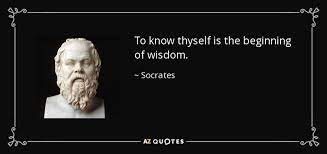An additional feature of Integral Psychotherapy, one just as important as its inclusive theoretical stance, is that it strongly emphasizes the therapist's personal development. Whereas many systems call for therapists to be aware of their own cultural biases and countertransferential tendencies—or to more generally engage in self-care—Integral Psychotherapy goes far beyond this. Specifically, it brings the understanding of the therapist's role into line with constructivist–developmental theory (Kegan, 1994), which is an important, emerging approach to human knowing. This theory posits that, as humans, we actively construct our experience of our world and ourselves. Yet it also suggests that the depth and comprehensiveness of the reality we construct is set or limited by our individual development. This idea has deep implications for a therapist who wants to understand the full range of human experience.
Forman, Mark D.. A Guide to Integral Psychotherapy (SUNY series in Integral Theory) . State University of New York Press. Kindle Edition.
What are the tools of the psychotherapist? A carpenter has a hammer and saw, a seamstress or tailor their needle and thread, an accountant their spreadsheets, and what is the main tool of the psychotherapist? Their personality.
A psychotherapist must use their personality in a purposeful and deliberate way to help their clients meet their goals.
What activities and experiences help the psychotherapist become more self aware so they can use their personality purposefully?

No comments:
Post a Comment